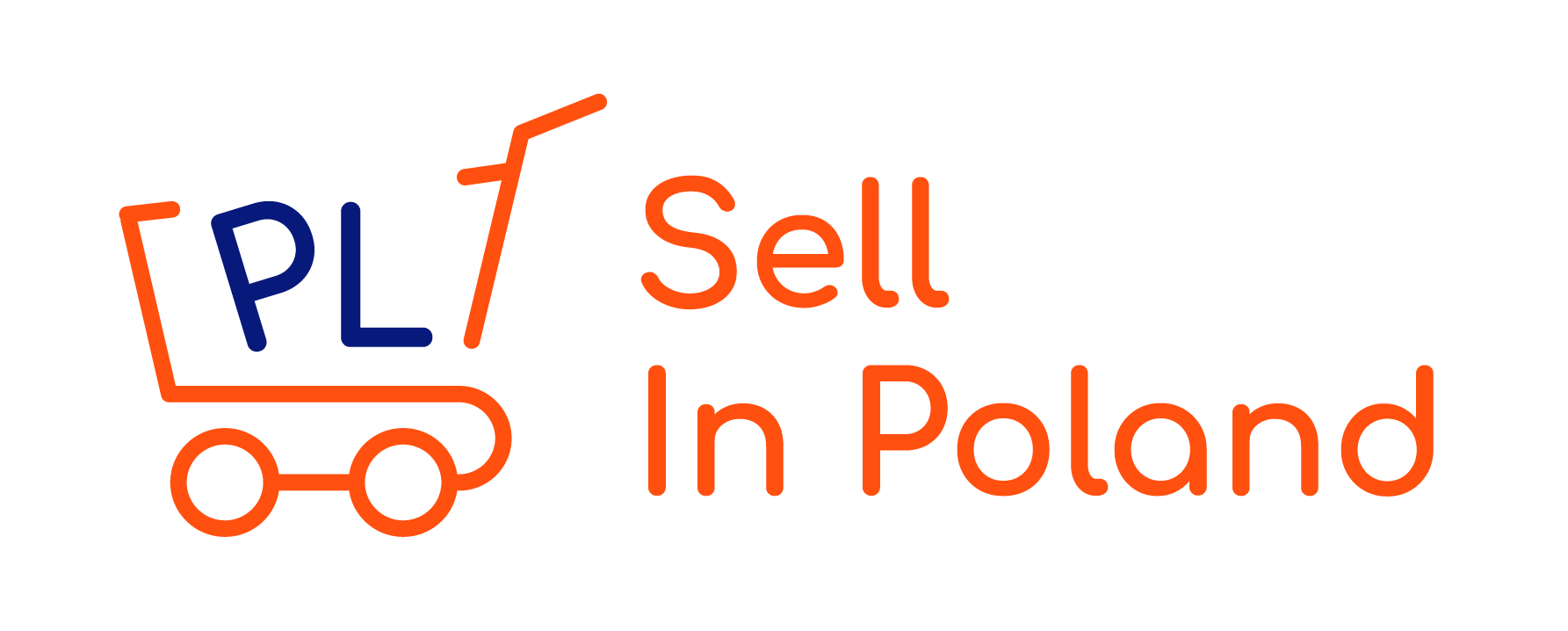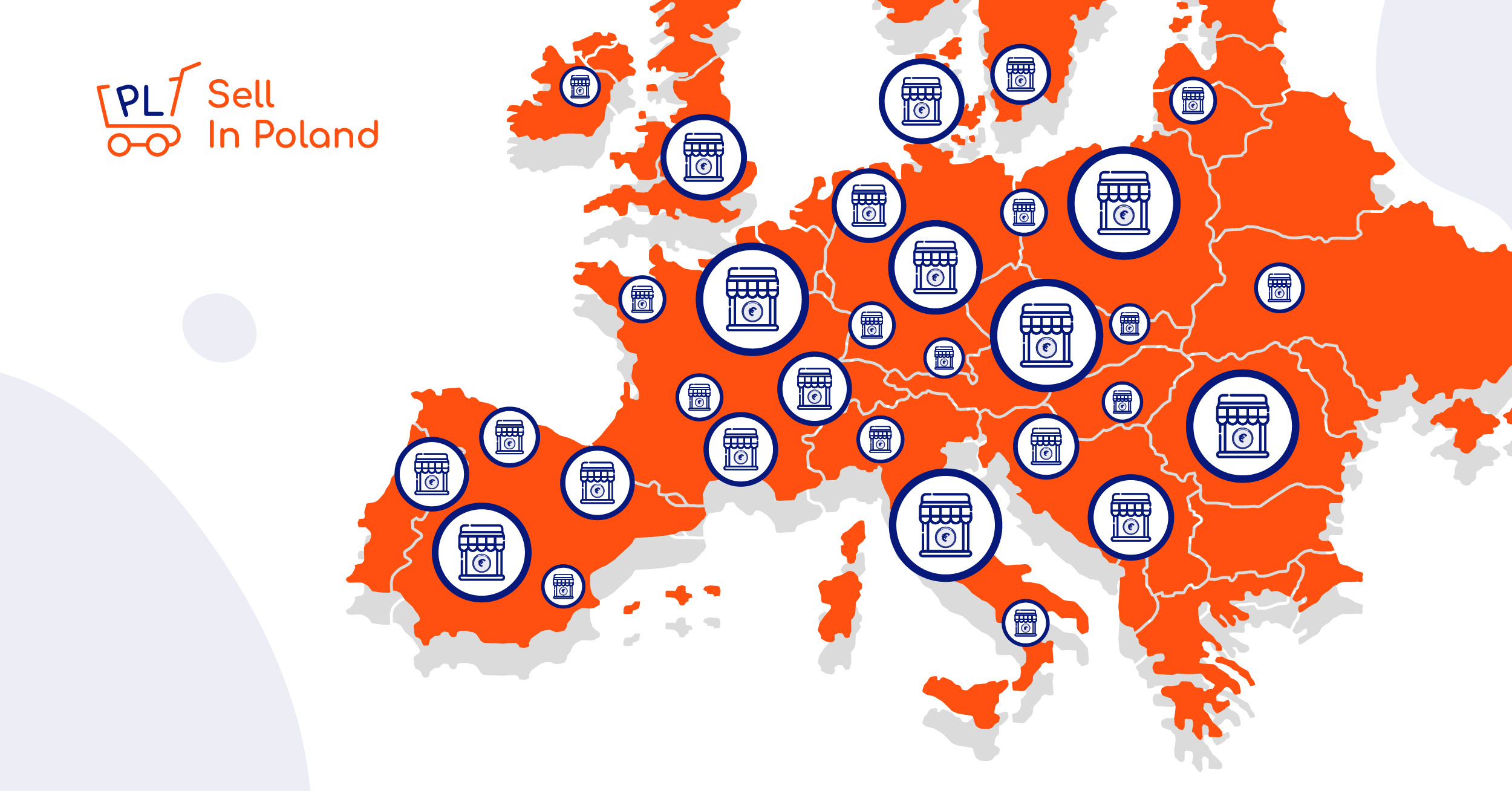This article explores whether marketplaces have the potential to dominate European e-commerce by analysing their advantages, disadvantages, and emerging market trends.
Advantages of marketplaces
Marketplaces like Allegro play a crucial role in European e-commerce, offering numerous benefits to both consumers and sellers.
Credibility and consumer trust
Marketplaces are trusted by consumers due to their rigorous quality and security standards. In Poland, Allegro is one of the most trusted shopping platforms, which translates into a growing base of loyal customers. Sellers can leverage this reputation to increase their chances of success¹².
Wide product range and availability
One of the biggest advantages of marketplaces like Allegro is the extensive range of products available in one place. Allegro offers over 100 million listings, making it a leader in terms of choice in Poland. Consumers can find everything from electronics to clothing, making shopping convenient and efficient³. This wide availability of products attracts more users, increasing sellers’ opportunities to reach a broader audience⁴.
Low initial costs for sellers
For small and medium-sized enterprises, entering the market through Allegro is much more affordable than setting up their own online store. The platform minimises costs related to infrastructure, marketing, and logistics, allowing sellers to start trading without significant initial expenses – a major advantage for new businesses⁵.
Logistical and sales support
Allegro provides advanced logistical services, such as Allegro One Fulfillment, which assists sellers in managing storage, packaging, and shipping. This allows sellers to focus on growing their business without worrying about logistics³. Additionally, support programmes like Allegro Strefa Marek help sellers reach a wider customer base more easily⁶.
Thanks to their many benefits, marketplaces are an attractive option for both consumers and sellers, which could enable them to dominate European e-commerce in the coming years.
Disadvantages of marketplaces
While marketplaces offer significant advantages, they also have drawbacks that can impact decisions made by both sellers and consumers.
Intense competition among sellers
One of the major drawbacks of marketplaces is the high level of competition. On Allegro, where thousands of new listings appear daily, sellers must fight for customers’ attention. They need to constantly monitor the market and adjust prices to remain competitive, which can lead to reduced profit margins⁴.
Commission fees and charges
Although the initial costs of joining platforms like Allegro are low, sellers must factor in commission fees for each sale. Allegro charges a commission ranging from a few to several percent, depending on the product category. Additional costs for product promotion and premium services can further cut into profits².
Platform compliance requirements
Sellers are required to meet strict platform standards, such as high-quality customer service, flexible return policies, and fast order fulfilment. Smaller businesses may find it challenging to adhere to these standards, particularly if platform regulations change frequently¹².
Payment delays
Unlike traditional offline sales, where sellers receive payments immediately, online sales through marketplaces may involve payment delays. Sellers often have to wait for platforms or payment processors to complete transactions, which can take anywhere from a few hours to several days. For new businesses relying on a steady cash flow, such delays can be a significant challenge¹.
The future of marketplaces in Europe
Marketplaces are growing rapidly, and their future in Europe looks promising. Current trends and forecasts highlight several key factors shaping the future of European e-commerce.
Growth of online sales in Europe
Online sales in Europe are increasing at a fast pace. In 2020, e-commerce accounted for around 15% of total retail sales, with forecasts suggesting this figure could reach 30% by 2025¹. This growth is driven by the expansion of mobile technology, greater internet access, and evolving consumer habits.
Leading platforms in Europe
Platforms such as Allegro, Amazon, eBay, Zalando, and Vinted play a vital role in European e-commerce. Allegro, the leader in the Polish market, has also begun expanding into other European markets, enhancing its influence across the continent. Meanwhile, Amazon, dominant in Western Europe, faces challenges related to regulatory changes and competition from local players⁷.
Regional differences in platform popularity
In Western Europe, Amazon and eBay dominate the marketplace sector, whereas in Eastern Europe, platforms like Allegro and local shopping platforms are more popular⁷. These differences stem from local consumer preferences, logistical infrastructure, and the marketing strategies of individual platforms.
Innovation and technology
The future success of marketplaces in Europe will also depend on technological innovation. The development of artificial intelligence, data analysis, and automation-based logistics will be key to improving operational efficiency and enhancing consumer experiences⁵.
Regulatory challenges
One significant challenge for marketplaces in Europe is adapting to changing regulatory requirements. Rules concerning data protection, competition, and consumer rights may affect the operations of giants like Allegro¹. Platforms will need to adjust their business models to comply with new legal frameworks.
Conclusions
Marketplaces have immense potential to dominate European e-commerce in the years ahead. The growth of online sales, technological innovations, and adaptation to local markets will be crucial to their success. Both sellers and consumers should be aware of the benefits and challenges of using these platforms to make the most of their opportunities.
Sources:
- https://www.digitalcommerce360.com/2019/12/19/the-pros-and-cons-for-small-businesses-of-selling-on-online-marketplaces/
- https://razorpay.com/blog/the-pros-and-cons-of-selling-on-online-marketplaces/
- https://pfrr.pl/blog-post/platformy-marketplace-droga-na-skroty-do-sprzedazy-za-granica/
- https://blog.saleslayer.com/advantages-and-disadvantages-of-selling-your-products-on-marketplaces
- https://www.flipflow.io/en/blog-en/solve-drawbacks-when-selling-marketplaces/
- https://taxology.co/pl/blog/platformy-marketplace-w-europie/
- https://ecommercewithpenny.com/the-pros-and-cons-of-selling-on-marketplace-vs-own-website/



